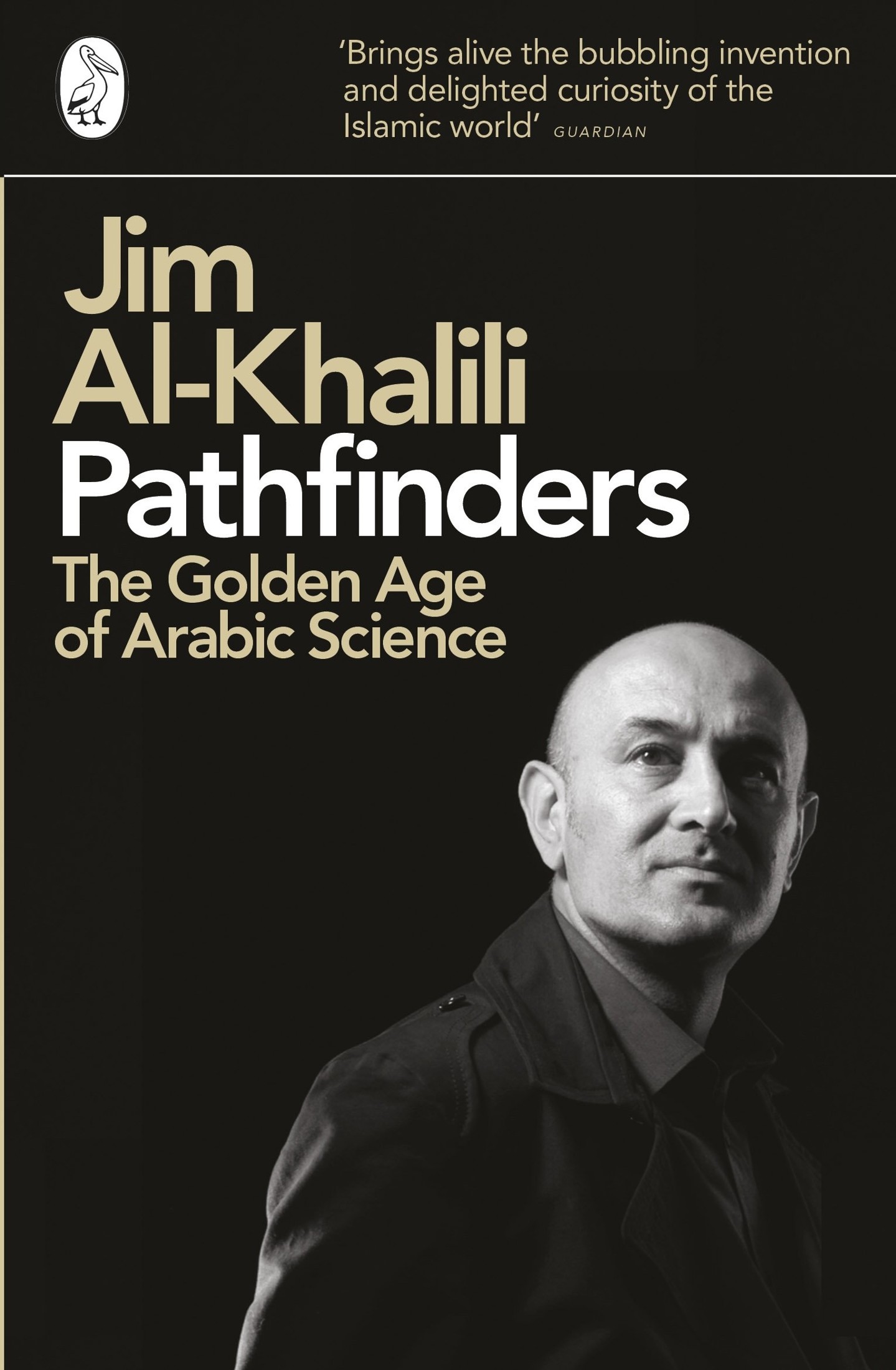
Pathfinders: The Golden Age of Arabic Science PDF
Preview Pathfinders: The Golden Age of Arabic Science
For over 700 years the international language of science was Arabic. In Pathfinders, Jim al-Khalili celebrates the forgotten pioneers who helped shape our understanding of the world.
All scientists have stood on the shoulders of giants. But most historical accounts today suggest that the achievements of the ancient Greeks were not matched until the European Renaissance in the 16th century, a 1,000-year period dismissed as the Dark Ages. In the ninth-century, however, the Abbasid caliph of Baghdad, Abu Ja'far Abdullah al-Ma'mun, created the greatest centre of learning the world had ever seen, known as Bayt al-Hikma, the House of Wisdom. The scientists and philosophers he brought together sparked a period of extraordinary discovery, in every field imaginable, launching a golden age of Arabic science.
Few of these scientists, however, are now known in the western world. Abu Rayhan al-Biruni, a polymath who outshines everyone in history except Leonardo da Vinci? The Syrian astronomer Ibn al-Shatir, whose manuscripts would inspire Copernicus's heliocentric model of the solar system? Or the 13th-century Andalucian physician Ibn al-Nafees, who correctly described blood circulation 400 years before William Harvey? Iraqi Ibn al-Haytham who practised the modern scientific method 700 years before Bacon and Descartes, and founded the field of modern optics before Newton? Or even ninth-century zoologist al-Jahith, who developed a theory of natural selection a thousand years before Darwin?
The West needs to see the Islamic world through new eyes and the Islamic world, in turn, to take pride in its extraordinarily rich heritage. Anyone who reads this book will understand why.
**
ReviewA fascinating and user-friendly guide to this whole scientific movement
About the AuthorJim Al-Khalili OBE is a theoretical physicist, author and broadcaster. He is currently Professor of Physics at the University of Surrey, where he also holds the first Surrey chair in the public engagement in science. He was awarded the Royal Society Michael Faraday Prize for science communication in 2007, elected Honorary Fellow of the British Association for the Advancement of Science and has also received the Institute of Physic's Public Awareness of Physics Award. Born in Baghdad, Jim was educated in Iraq until the age of 16 and it was there, being taught by Arabic teachers in Arabic that he first heard and learnt about the great Arab scientists and philosophers. He has long championed the influence of Islam on science and hopes to bring attention to the rich Arab heritage in our understanding of science today.
